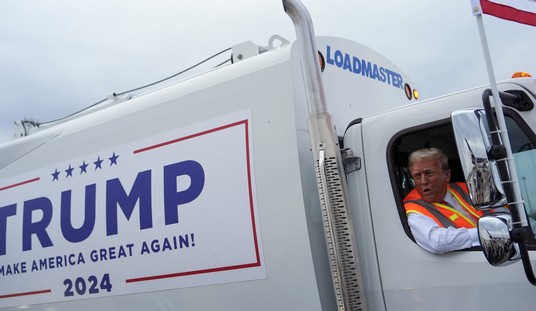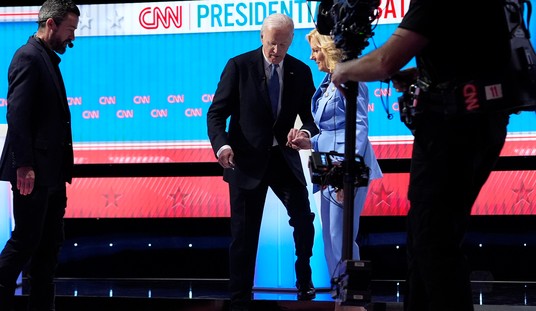“These people were the 20th caller,” says the CEO of the firm that managed to sell policies to customers over the first eight days of ObamaCare … five policies, to be specific. Cliff Gold doesn’t mince words about the experience, either (via The Corner):
At least five unusually persistent Iowans have managed to sign up for health insurance on the government’s balky new online marketplace.
Let’s call them the Hardy Handful. They apparently were willing to wait through interminable delays and to try, try again after repeatedly being booted off the system. By Wednesday morning, they had enrolled in insurance plans sold on the public marketplace by CoOportunity Health.
“They threaded the needle and got in,” said Cliff Gold, the insurance carrier’s chief operating officer. “It’s like when a radio station says, ‘If you’re the 20th caller, you’ll win something.’ These people were the 20th caller.”
On the other hand, Gold also compared the process to starting a cold car, an experience that Iowans know well. Now that five people have primed the pump, Gold says, the car should start turning over more easily.
Unless someone keeps changing the key, that is. Earlier, I posted in the Green Room that the ObamaCare call center operators were telling people that they had to call in and reset their passwords after an upgrade deleted them:
If you’re trying to access your Obamacare account on Healthcare.gov, you may be told your password needs to be reset.
“All passwords were deleted for existing accounts as part of the upgrade process,” a call center representative told CNN’s Elizabeth Cohen. The representative said users experiencing issues must call in to reset their password; it cannot be done online.
Just a couple of hours later, HHS explained that their internal communications are almost as big a disaster as their website:
Health and Human Services officials on Thursday said that consumer passwords for the Obamacare website have not been reset, but that call center representatives had been mistakenly given incorrect information that they would have to be reset. “A wrong script was provided to call center representatives,” one official told CNN. “It’s been corrected. The wrong script was read for only a short time — just this morning.” The second official said enrollees can continue to use their current password.
CNN’s Anderson Cooper interviewed a tech expert, who explains why government projects end up so badly. Cooper points out that private-sector companies do better jobs, but the expert says no:
“At least with government, we have more accountability.” Actually, that’s not true at all, and neither is the nonsense about multiple contractors. Private-sector companies have immediate accountability through competition — if their products and services don’t work well, consumers go elsewhere, whereas a government monopoly has almost no accountability at all. (And the extent that consumers have restricted choices in the health-care market comes from an artificial restriction against selling policies across state lines.)
As for multiple contractors being the problem, well, we managed to put a man on the Moon with a vast array of private contractors in about eight years. In three and a half years, we only had six contractors working together and couldn’t deliver a functioning website on time. The difference is competency and function, and the disastrous rollout shows once again that there is much less accountability in government, and that there will always be someone who will excuse it by blaming anyone else but the bureaucrats.







Join the conversation as a VIP Member